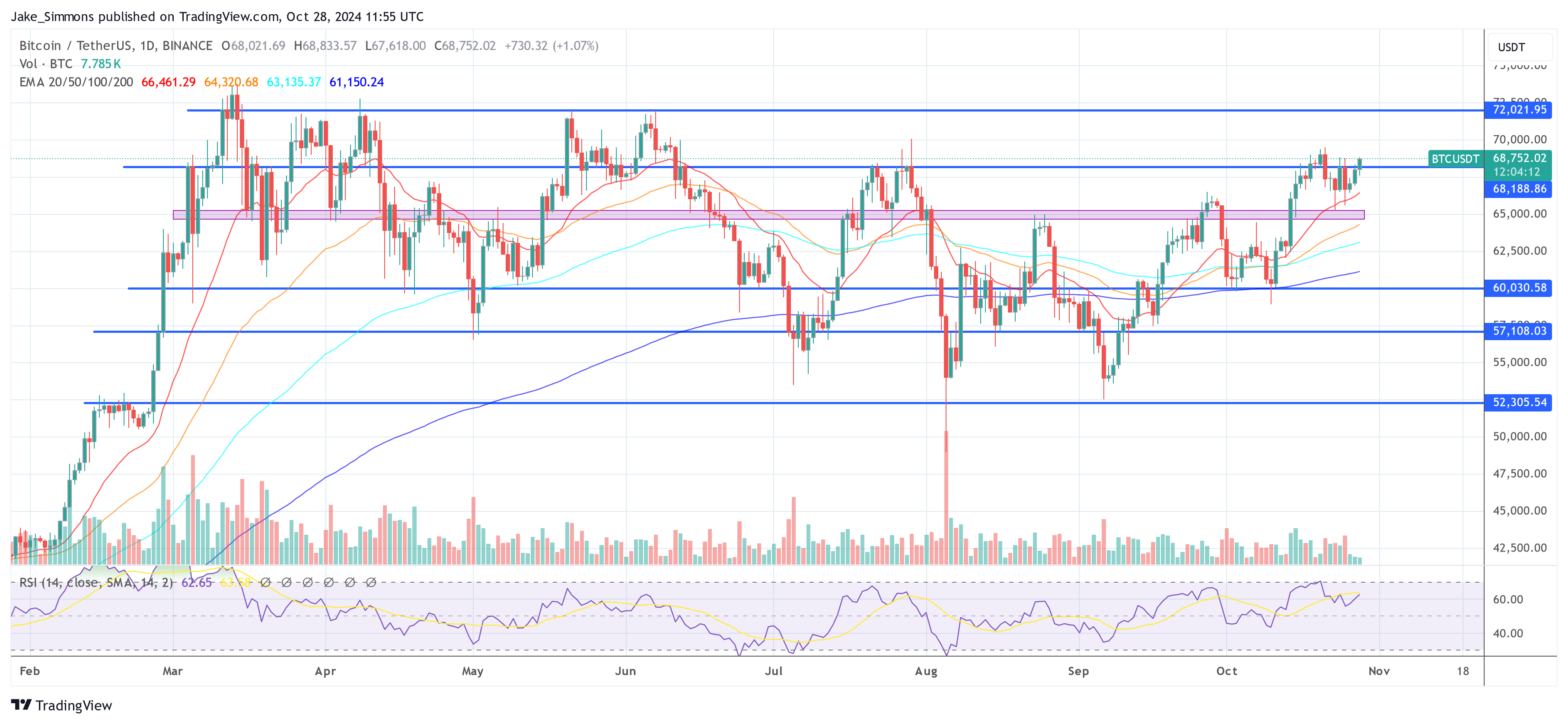Analyst Addresses Concerns Over ‘ETF Paper Bitcoin’ and BTC Prices
In a YouTube video titled “There Is No ETF Paper Bitcoin,” Fred Krueger from 2718.fund discussed concerns regarding US spot Bitcoin Exchange-Traded Funds (ETFs) and their effects on Bitcoin's price. He aimed to clarify misconceptions about “paper Bitcoin”—the idea that ETFs may sell Bitcoin they do not own—and explore why Bitcoin’s price has not increased significantly despite large ETF purchases.
Krueger acknowledged market skepticism: “There’s all this paper Bitcoin, and ETFs don’t really have the Bitcoin... how come Bitcoin price is not higher?” This skepticism stems from past instances where exchanges sold Bitcoin without owning the assets, leading to investor losses, such as with Mt. Gox and QuadrigaCX.
Are “ETF Paper Bitcoin” Real?
Concerns about ETFs engaging in similar practices—selling unowned Bitcoin and artificially lowering prices—persist. However, Krueger contended that regulated ETFs operate under a different framework than unregulated exchanges. He highlighted two prominent ETFs, IBIT (BlackRock) and FBTC (Fidelity), which are subject to strict regulatory oversight from entities like the SEC. This includes requirements for transparency, regular audits, and third-party custodians for asset verification.
IBIT uses Coinbase as its custodian, which is publicly traded and audited. Both IBIT and Coinbase undergo audits by the SEC. FBTC’s custody is managed by Fidelity Digital Assets, ensuring specialized oversight. Krueger emphasized that BlackRock and Fidelity, as established financial institutions, prioritize their reputations and would not risk credibility by selling non-existent Bitcoin.
Krueger contrasted BlackRock’s regulatory compliance with QuadrigaCX’s operational failures, noting BlackRock's robust internal governance structure. He stated unequivocally, “The reality is the ETFs have zero pure paper Bitcoin.” IBIT holds about 403,000 actual Bitcoins, while FBTC holds around 185,000, together representing approximately 3% of the global Bitcoin supply.
Despite some skepticism regarding Bitcoin holdings, Krueger asserted that the data is clear and verifiable: “We know how much Bitcoin these ETFs have; we know that it’s accounted for.” Regarding Bitcoin’s price stagnation despite ETF inflows, he noted a 60% increase since the ETFs' introduction, translating to a $600 billion market cap rise fueled by $20 billion in net ETF inflows.
Krueger attributed the moderate price growth to significant selling pressures, including Germany’s sale of $3 billion in Bitcoin, liquidations from Mt. Gox, and asset sales by FTX and the Digital Currency Group (DCG). He speculated that without these sales, Bitcoin might have reached $90,000.
As of the latest update, BTC was trading at $68,752.
